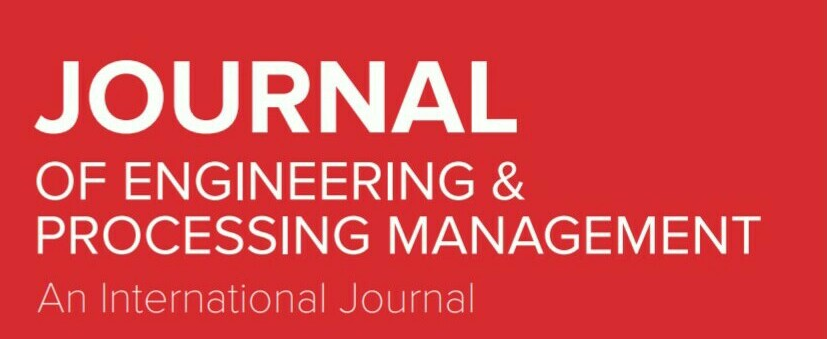Biochemical changes in myofibrillar and sarcoplasmatic meat proteins at different freezing rates
DOI:
https://doi.org/10.7251/JEPM1902117BAbstract
Freezing rate significantly affects the quality of frozen meat and its biochemical
changes. The loss of water from the cellular structure, which, under normal conditions,
acts as a mechanical barrier between protein chains, causes spontaneous
interactions of proteins that result in their denaturation. In order to determine
the content of myofibrillar and sarcoplasmic proteins in meat samples, the samples
were frozen at rates of 0.40, 0.90, and 1.25 cm/h for a storage period of 15 days.
Protein content was analyzed by capillary gel electrophoresis and high-pressure liquid
chromatography. During the freezing process, the protein chains were found to
be shortened so that myofibrillar proteins were between 20 and 50 kDa, whereas
sarcoplasmic proteins were between 20 and 100 kDa at all the freezing rates mentioned.
The results of the analysis also show that the total number of sarcoplasmic
proteins (freezing rate 0.90 cm/h; 20 proteins) was lower than the total number
of myofibrillar proteins (freezing rate 0.90 cm/h; 35 proteins), and the molecular
weight for both types of protens was lower 50 kDa. Further research should be
directed towards extending storage time.

